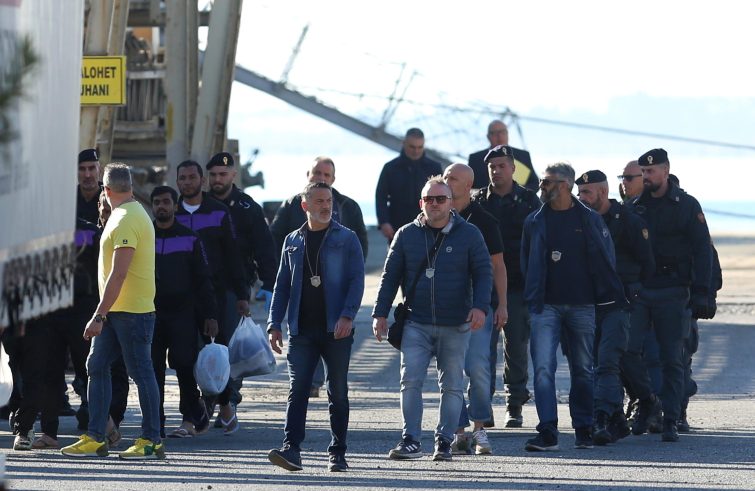
The Senate’s final approval of the so-called “Flows Decree” (Decreto Flussi) could be described as the umpteenth missed opportunity for Italy. In fact, this piece of legislation once again highlights the country’s inadequacy in the area of migration policies and its inability to respond effectively to the needs of thousands of non-EU citizens working in Italy. These individuals are ultimately bearing the brunt of a system that enables unscrupulous employers to engage in deliberate deceit. Indeed, the Decree fails to address the most significant issue of illegal employment, which arises from a malfunctioning system of direct recruitment. In the current situation, workers are recruited from abroad with the promise of a contract that never materialises, thus rendering them illegal workers. For this reason, during the recent meeting with the government, Caritas Italy reiterated the necessity of moving beyond the provisions of the ‘Bossi-Fini Law’ and providing for the specific regularisation of workers already in the country, rather than limiting itself to addressing isolated aspects of the problem, which will not produce the desired effect.
Moreover, the provisions concerning migrant workers, for which quotas have been extended and some procedural adjustments have been introduced, are of lesser concern than the numerous other provisions included in the Decree that relate to matters other than the planning of new admissions of foreign workers.
It is unclear why the text adopted on Wednesday includes such a variety of measures, which range from giving the Appeal Courts the power to confirm or extend asylum seekers’ detention (hitherto the prerogative of specialised immigration sections of civil courts), to provisions on family reunification, which will require having resided in Italy for a minimum of two years before family members can be called to join the applicant. Furthermore, the Decree provides for the monitoring of the smartphones of immigrants arriving in Italy who do not comply with the identification process and fail to provide the required documentation. It additionally outlines sanctions and administrative arrests for NGOs that conduct sea rescue operations.
It might be reasonably argued that this Decree reflects the ongoing disputes between the executive and the judiciary, as well as representing yet another move against the NGOs – a constant (albeit somewhat incomprehensible) priority for this government, rather than being a desirable piece of legislation capable of definitively reforming the system regulating the admission of foreign workers into Italy.
(*) Advocacy service of Caritas Italy











